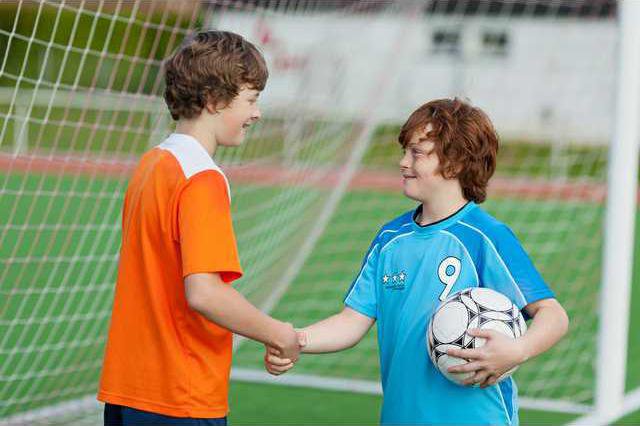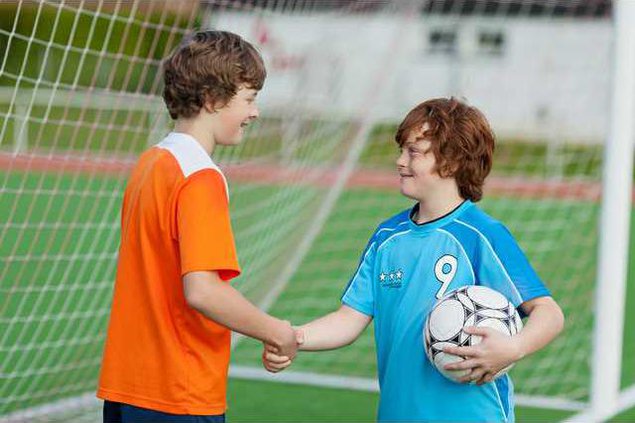Humans have evolved to demand fair treatment, and aren't happy when they don't receive it.
In fact, the desire be treated fairly begins at about 9 months old and many kids are surprised by obvious favoritism, according to NPR.
In a study with monkeys, one monkey was rewarded for a task with a piece of cucumber and was please until he saw the other monkeys receiving grapes. "The reaction may be familiar to parents. The monkey throws the cucumber at her handler and rattles the cage in anger," NPR stated.
Game theory, or the science of strategic thinking often used in business and economic transactions, could help parents engage with their children with more success. That is what Paul Raeburn and Kevin Zollman, the authors of "The Game Theorist's Guide to Parenting: How the Science of Strategic Thinking Can Help You Deal with the Toughest Negotiators You Know Your Kids," advocate, Live Science noted.
"Game theory teaches you to think about problems in a different way, focusing on thinking ahead and having a plan, organizing and thinking about how to approach the problems you have," Zollman told NPR.
According to Scientific American, with the right incentives, kids can be taught to reach fair agreements independently by learning how to cooperate.
Among tips to teach children how to make fair decisions and reduce sibling squabbles by using game theory:
In fact, the desire be treated fairly begins at about 9 months old and many kids are surprised by obvious favoritism, according to NPR.
In a study with monkeys, one monkey was rewarded for a task with a piece of cucumber and was please until he saw the other monkeys receiving grapes. "The reaction may be familiar to parents. The monkey throws the cucumber at her handler and rattles the cage in anger," NPR stated.
Game theory, or the science of strategic thinking often used in business and economic transactions, could help parents engage with their children with more success. That is what Paul Raeburn and Kevin Zollman, the authors of "The Game Theorist's Guide to Parenting: How the Science of Strategic Thinking Can Help You Deal with the Toughest Negotiators You Know Your Kids," advocate, Live Science noted.
"Game theory teaches you to think about problems in a different way, focusing on thinking ahead and having a plan, organizing and thinking about how to approach the problems you have," Zollman told NPR.
According to Scientific American, with the right incentives, kids can be taught to reach fair agreements independently by learning how to cooperate.
Among tips to teach children how to make fair decisions and reduce sibling squabbles by using game theory:
- I Cut, You Pick. According to NPR, this is a classic strategy for parents to divide things up, like a cake, for example, and allow children to pick which portion they would like reducing complaints by giving them freedom of choice.
- Tit for Tat. This theory encourages children to cooperate and be kind to their siblings by increasing teamwork when it comes to certain tasks, according to Scientific American. "When children are faced with the job of cleaning up a joint mess, suggest 'you pick up one, then he picks up one,'" Raeburn told NPR.
- Auction. This theory allows children to auction for a desired award using fake currency by bidding with chores or giving up privileges the highest bidder receives the award. However, Raeburn told NPR that parents must make sure the bid is fair. "It's easy for a child to overvalue something in the moment and get stuck doing way too many chores," he said.

